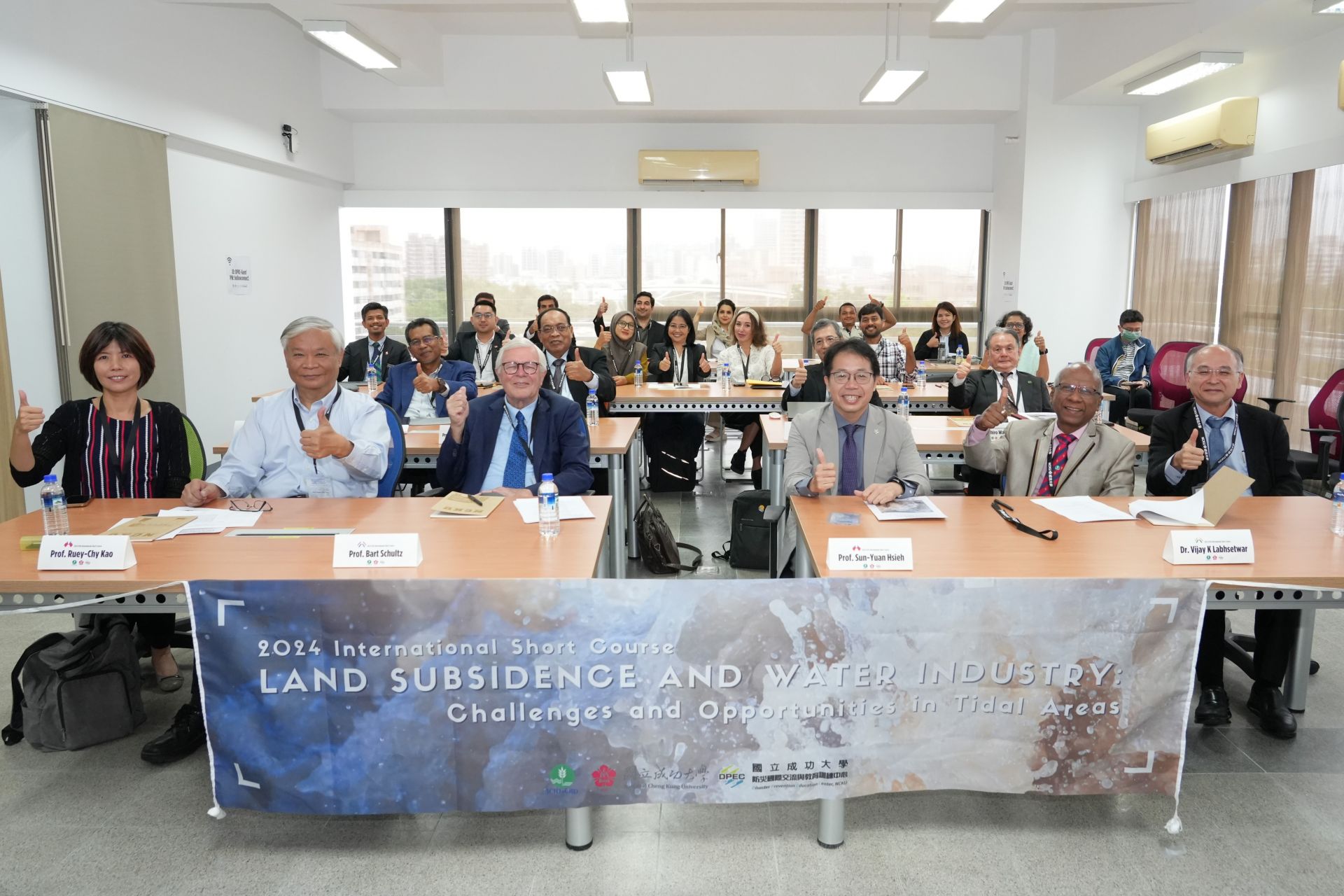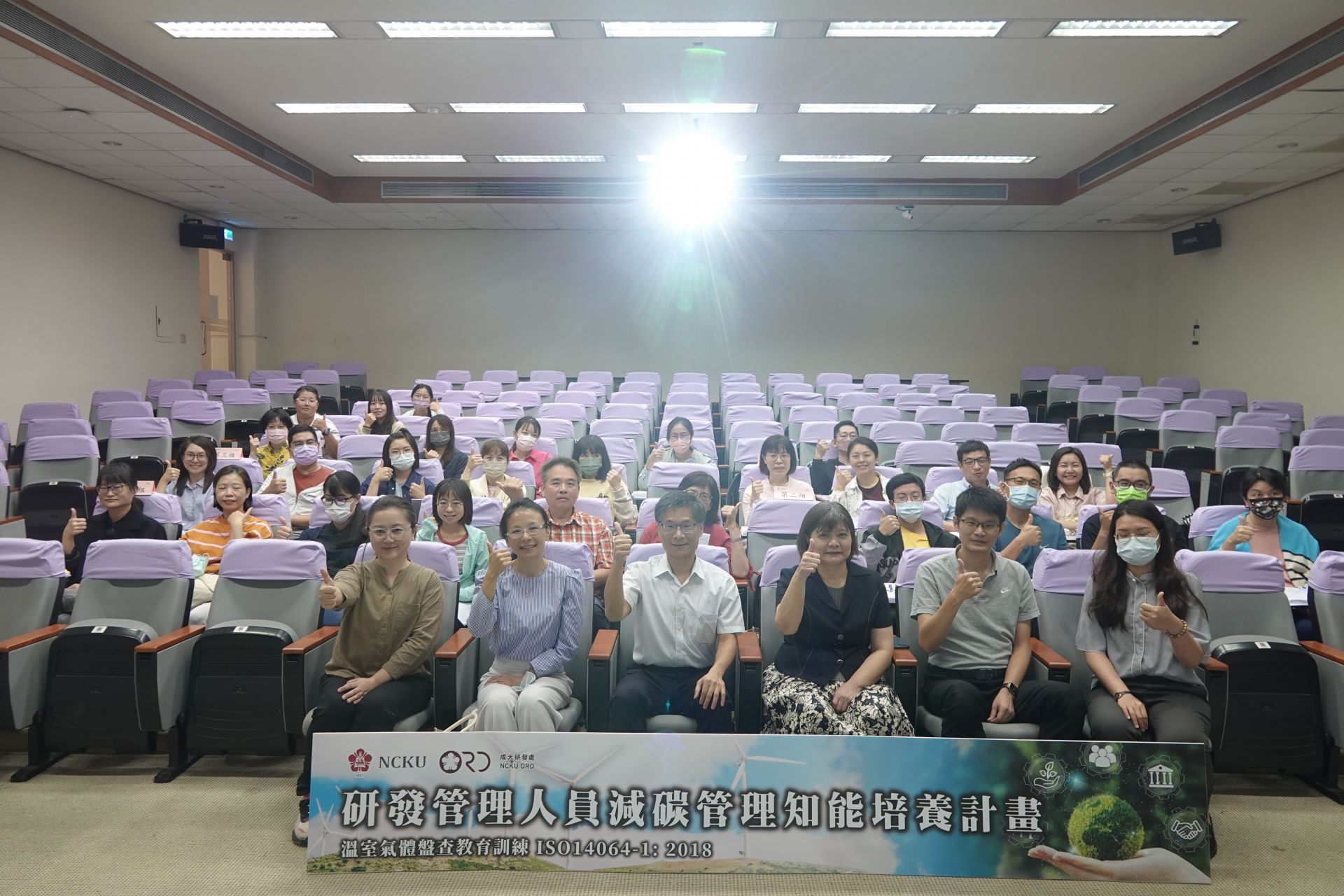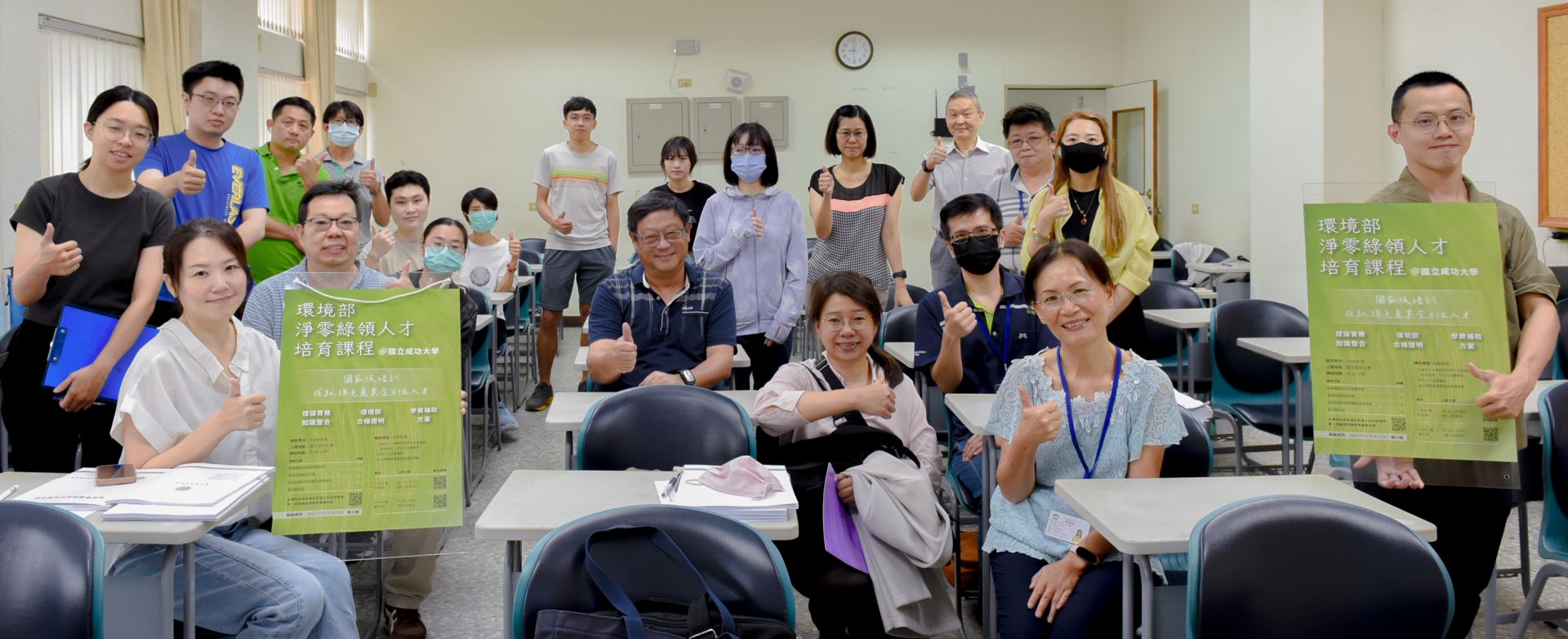Towards a Sustainable and Smart Future: Low-Carbon Digital Construction Alliance (LCDCA) Officially Established Today
The alliance’s core strategy is the adoption and certification of Green-BIM Objects, systematically linking BIM components with carbon footprint and energy consumption data of construction products. This establishes a “low-carbon digital twin” database, providing accurate, data-driven decision support for carbon reduction across planning, design, construction, and operation phases. This framework simultaneously supports carbon hotspot identification, comparative solution evaluation, and target management for construction projects, driving dual improvements in data governance and carbon performance for the industry. Services offered by the alliance include Green-BIM object certification, organizational carbon accounting (ISO 14064-1), product carbon footprint consulting (ISO 14067), energy management implementation (ISO 50001), carbon assessment and optimization for design, carbon accounting during construction, and BIM component model development for design, construction, and operational phases. The alliance also assists with government-funded project proposals, technology transfer, and industry–academia matchmaking, and provides simplified quantification and technical guidance for the energy-saving and carbon-reduction criteria of public construction awards, thereby strengthening corporate sustainability governance and market competitiveness.
At the October 16 opening ceremony, Professor Yun-Che Wang (王雲哲), Chair of NCKU’s Department of Civil Engineering, emphasized that in the face of the global net-zero trend, the key to decarbonization in civil and construction engineering lies in integrating LCA with BIM to establish credible engineering carbon footprint benchmarks. He noted that LCDCA is not only a platform for technical integration but also an action-oriented hub for cross-disciplinary collaboration and value chain restructuring. NCKU will continue to serve as a bridge between academia and practice, promoting sustainable construction through talent development, research and development, and standard-setting. NCKU College of Engineering Associate Dean Zhen-Ming Kuo (郭振銘) highlighted that the construction industry is undergoing a full-chain transformation from materials, design, and construction to operation and maintenance, requiring more scientific and data-driven decision-making. By integrating academic research, industry, and policy resources, LCDCA establishes benchmarks and certifications for low-carbon materials and methods, driving co-created value across upstream and downstream supply chains and enhancing Taiwan’s international competitiveness in sustainable construction.
The event received enthusiastic support from industry, government, and academia. Industry participants included representative construction companies, engineering consultants, and material manufacturers such as Wei Zheng Construction (崴正營造), Farglory Land Development Co. Ltd. (遠雄建設), CTCI Resources Engineering Inc. (萬鼎工程) / (仕鼎營造), Yao-Ching Construction Co. Ltd. (曜慶營造),T.Y.Lin International Taiwan (林同棪工程顧問), Moh and Associates, Inc. (亞新工程顧問), Lynch Enterprises Co. Ltd. (連積企業), Li Shun Hing Technology Co. Ltd. (立順興資源科技), Gold-Joint Industry Co. Ltd. (盟鑫工業), Yong Li Engineering Co. Ltd. (永䥶工業), Jia Dah Industrial Co. Ltd. (佳大建材), and HomeMesh (居家市集), as well as Tainan City Civil Engineers Association (台南市土木技師公會), The professional association of geotechnical engineers of the R.O.C (社團法人中華民國大地工程技師公會), and Inorganic Resource Circulation Industry Alliance (無機資源循環產業聯盟等專業公協會與產業聯盟). Government representatives included National Land Management Agency, MOI (內政部國土管理署) and Resource Circulation Administration, Ministry of Environment (環境部資源循環署), as well as Water Resources Agency, MOEA (經濟部水利署) and New Construction Office, Public Works Department, Taipei City Government (台北市政府工務局新工處), Public Works Department, New Taipei City Government (新北市政府工務局), Public Works Bureau, Kaohsiung City Government (高雄市政府工務局), and Construction Bureau of Taichung City Government (臺中市政府建設局), representatives from central and local government agencies. Academic participants included NCKU’s College of Engineering (國立成功大學工學院), Center for Industrial Sustainable Development (產業永續發展中心), Department of Civil Engineering (土木系), and Department of Architecture (建築系), as well as collaborative participation from NPUST Civil Engineering (國立屏東科技大學土木工程系), YunTech. Department of Civil and Construction Engineering (國立雲林科技大學營建工程系), and CSU Department of Civil Engineering and Geomatics (正修科技大學土木與空間資訊系). Multiple organizations signed Memorandums of Understanding (MOUs) on-site to initiate technology implementation and collaborative demonstration projects.
Looking ahead, LCDCA will continue to pool resources from industry, academia, and government to build a low-carbon, digital, and sustainable construction ecosystem. The alliance aims to help enterprises manage carbon footprints in a more transparent and verifiable manner, improve construction quality and efficiency, and advance toward a more sustainable and intelligent future.



The Low-Carbon Digital Construction Alliance (LCDCA), supported by a project funded by the National Science and Technology Council (NSTC) and jointly spearheaded by Professor Shih-Hsien Yang of NCKU’s Department of Civil Engineering and Professor Shih-Hong Yang of the Department of Architecture, officially launched today (October 16). The alliance marks a crucial step for Taiwan’s construction industry toward low-carbon and digital transformation, and also represents an important milestone for NCKU’s civil and architectural departments in advancing low-carbon digital practices.

LCDCA is positioned as a non-profit industry–academia collaborative platform that integrates Life Cycle Assessment (LCA) and Building Information Modeling (BIM) standards, promoting the adoption of low-carbon materials, green construction methods, and digital construction technologies to help enterprises advance toward sustainable development and net-zero goals. The opening ceremony on October 16 received enthusiastic support from representatives across industry, government, and academia.






















